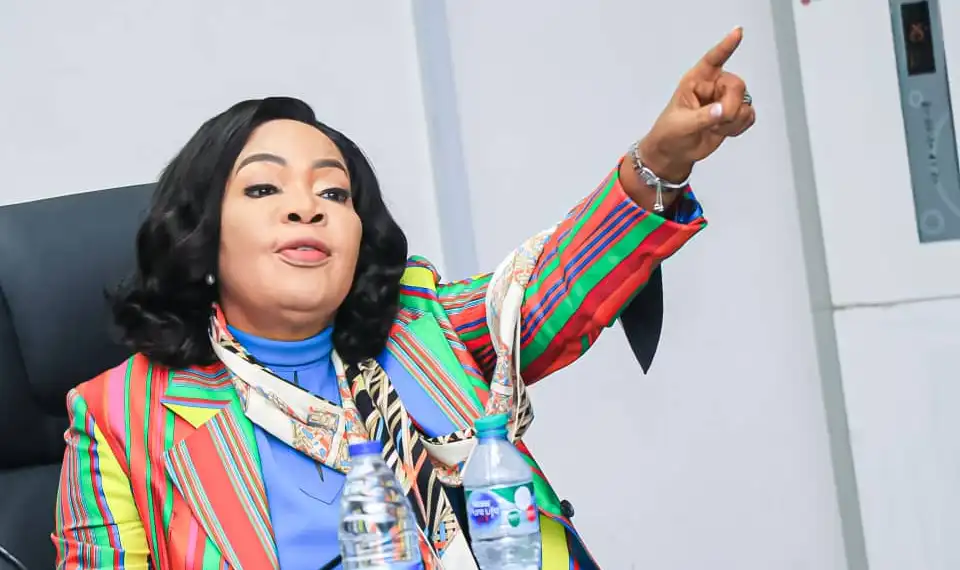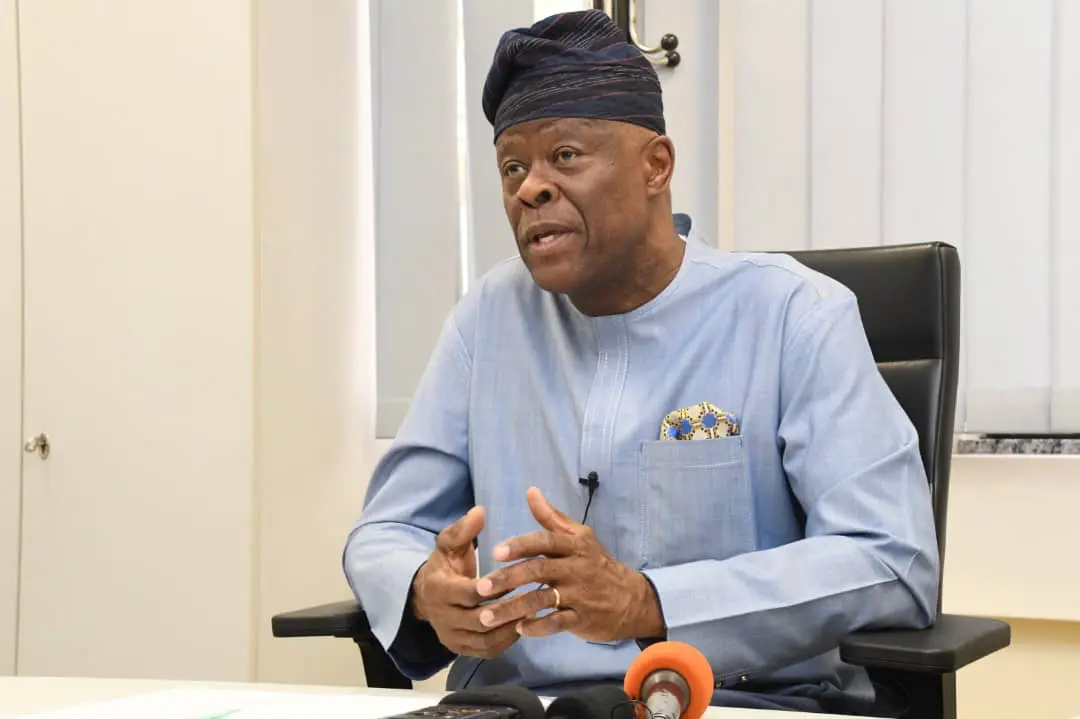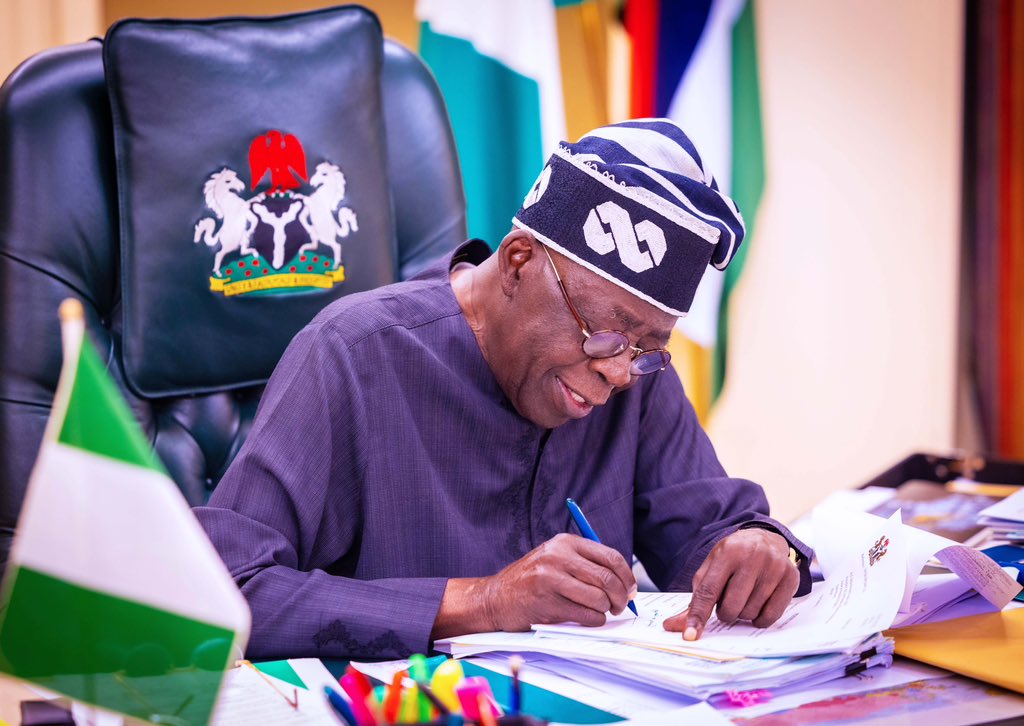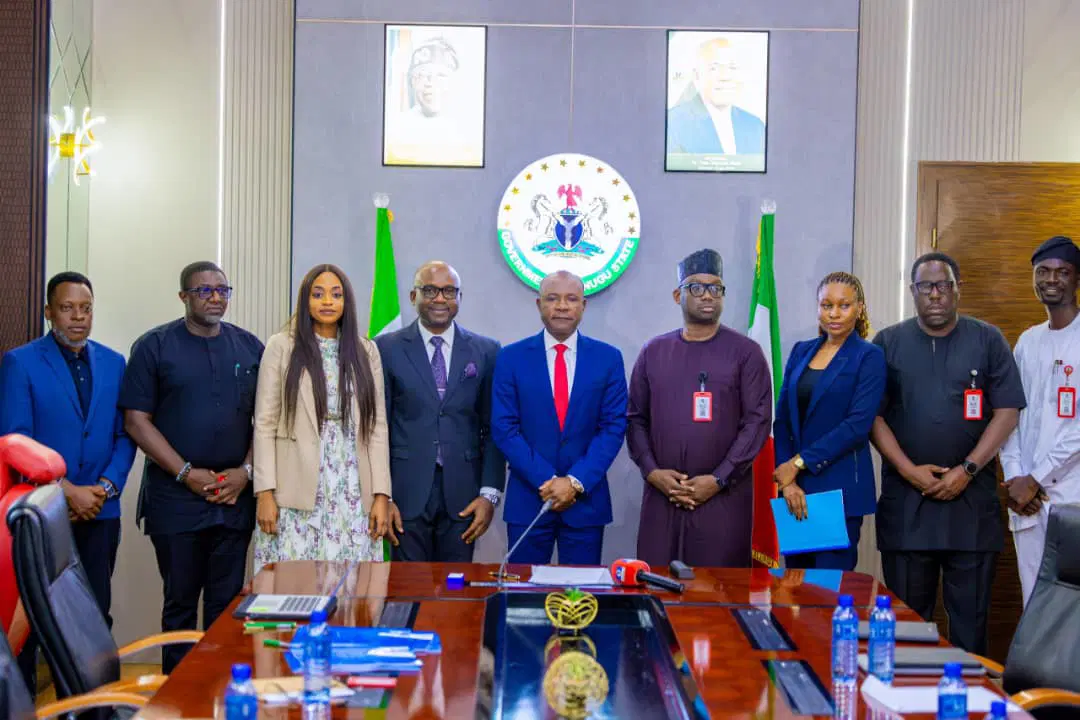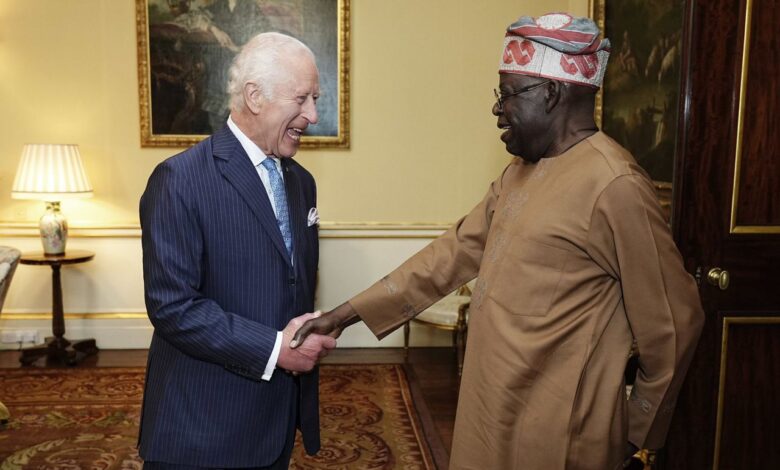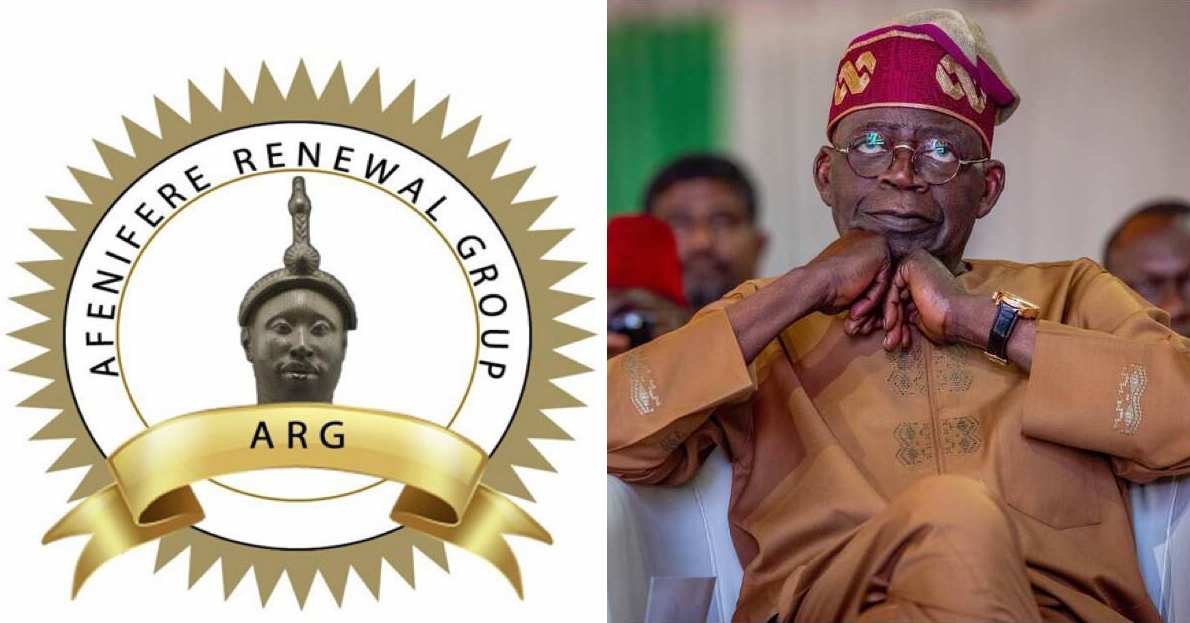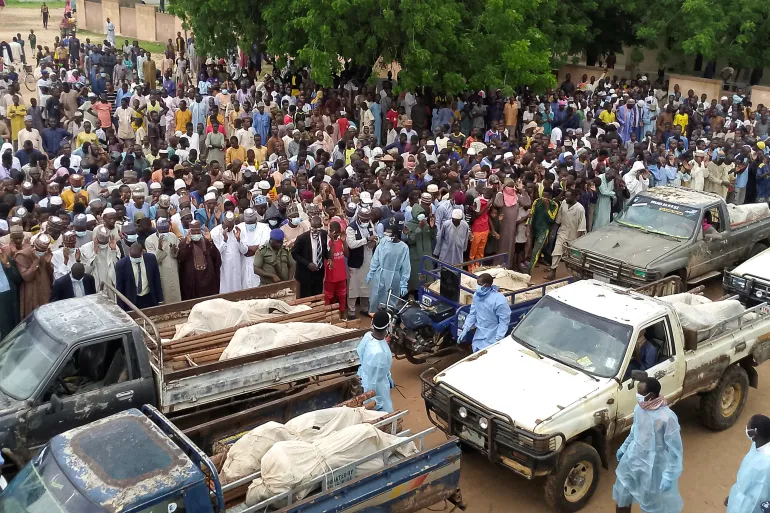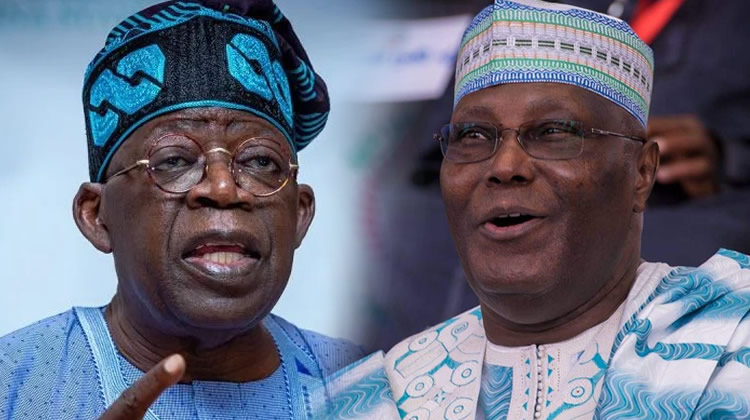Nkeiruka Onyejeocha, the Minister of Labour and Employment, has appealed to Organised Labour to end the ongoing nationwide strike, which has significantly disrupted economic activities across Nigeria. Speaking on Channels Television’s “Politics Today” program, Onyejeocha highlighted the extensive economic losses incurred due to the strike affecting various sectors such as businesses, airports, universities, hospitals, and the power sector.
During her interview, Onyejeocha underscored the complexities involved in determining a new minimum wage, emphasizing that it requires negotiations not only with the Federal Government but also with state governments and the Organised Private Sector. She pointed out that the first 24 hours of the strike had already caused considerable hardship for Nigerians.
The minister expressed skepticism regarding the Nigeria Labour Congress (NLC) and the Trade Union Congress (TUC) demand for a ₦494,000 minimum wage, noting that many state governments are still struggling to meet the current ₦30,000 minimum wage established in 2019. She argued that any new wage agreement must be realistic and considerate of economic realities, including productivity and the financial capabilities of employers.
Onyejeocha advocated for the government’s ₦60,000 wage offer, which was also supported by the private sector, cautioning that accepting higher demands could exacerbate the country’s already high inflation rate, currently at 33.69%.
She reassured Nigerians of the government’s commitment to achieving a fair and sustainable wage agreement that takes into account the economic conditions and broader impacts on the nation’s economy.

